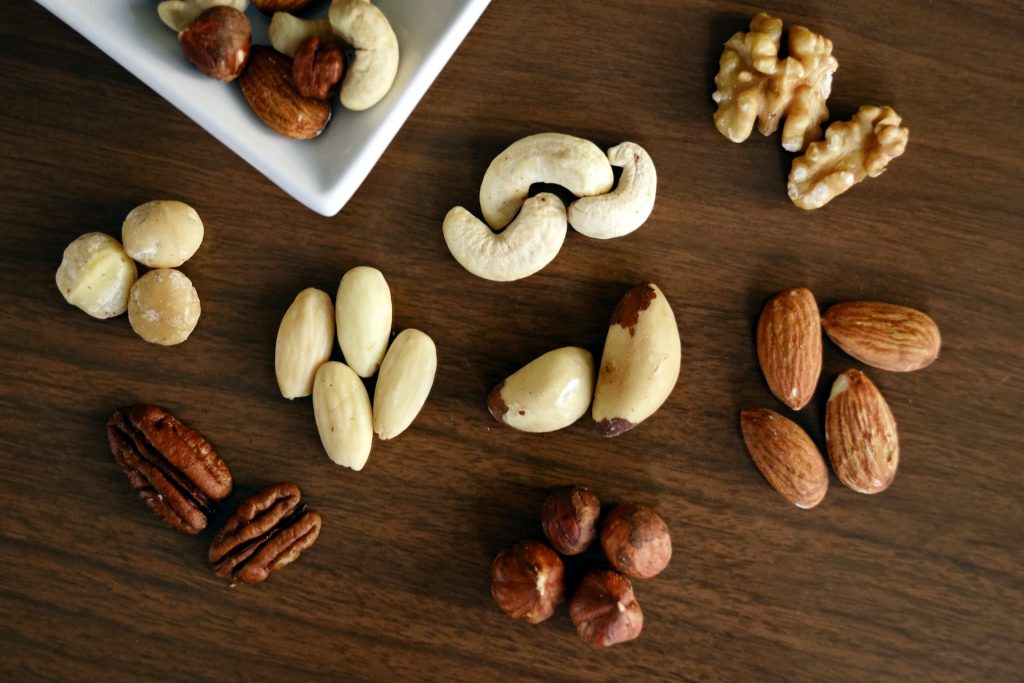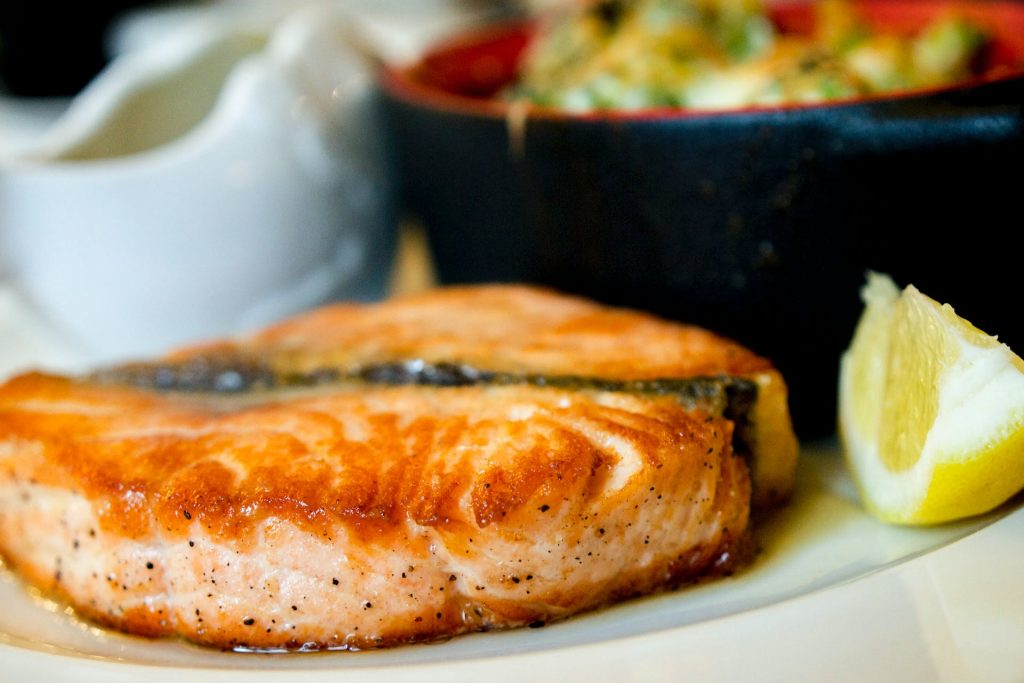People who are chronically stressed are more likely to make unhealthy eating choices, which can lead to weight gain.
In addition, chronic stress can affect the body’s hormonal balance, causing metabolic disorders and making weight loss more difficult.


Emotional eating refers to unhealthy eating to seek emotional comfort or satisfaction during mood swings.
First you need to learn to differentiate between real hunger and emotional hunger.
Second, find alternative ways to regulate your emotions and avoid eating to cope with your emotions.



People who successfully lose weight have good self-management and emotional regulation abilities, can cope with stress, and maintain a positive and optimistic attitude.
They often stay in touch with family, friends or professionals, seek support and encouragement, and share the joys and challenges of losing weight.





